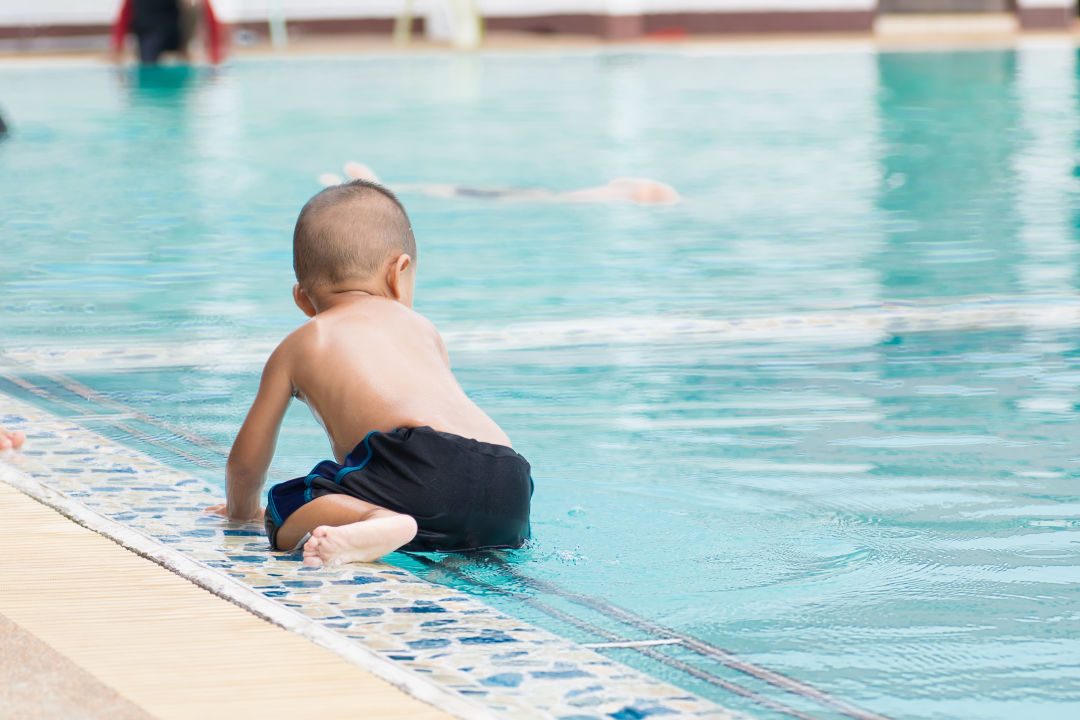Tips on How to Stay Safe Swimming This Summer

Remember when you needed to go to the bathroom while swimming, and your cousin told you to just let it go then and there? Yeah, stop doing that.
A July 2021 report from the Environment Texas Research and Policy Center determined there was an unhealthy amount of poop in the water. Seriously.
Per the report, which surveyed all states with a beach or a lake, because of fecal matter as well as other sewage contamination, 55 out of 61 Texas beaches were deemed unsafe for swimming on at least one day last year, with 31 beaches deemed unsafe on a quarter or more days. While Harris County only had one beach make the list—Sylvan Beach Park—it was unsafe 61 percent of the time, landing the county in first place for the highest percentage of days with unsafe waters.
Why are these waters so unsafe? Well, people who swim in water contaminated with fecal matter are susceptible to serious illnesses, according to the report, particularly gastrointestinal illnesses, respiratory disease, ear and eye infections, and skin rashes.
So, Texas beaches might not be the best move this summer. But that doesn’t mean you’re in the clear. These illnesses can crop up at local pools too. According to the Centers for Disease Control and Prevention, diarrhea is the most common illness and is easily spread throughout the water to others.
Other maladies, such as swimmer’s ear (caused by water that stays in the outer ear canal for a long period of time) as well as skin, respiratory, eye, and other infections, are also common and pose the greatest risk to children, pregnant women, and those with pre-existing health conditions. Keeping water out of the mouth and drying ears are great ways to prevent these.
As you attempt to keep cool this summer in the water, remember the following CDC protocols in order to stay safe and healthy:
First, always check the latest inspection results of the area that you will be swimming in and make sure that it is safe. When you arrive at the pool, use test strips (find them on Amazon or most big box stores) to check for acceptable pH, Bromine, and free chlorine levels. Make sure that the drain at the end of the pool is visible and secured.
You can also help to keep the water clean. If you’re sick, stay out of the water (the CDC specifically lists staying on dry land if you have diarrhea, which should be a no-brainer).
Additionally, rinsing off in the shower before going in the pool can help rid your body of dirt and anything else on your body that can use up the chlorine or bromine needed to kill germs. If you are with children, take them on bathroom breaks frequently throughout the day to avoid accidents contaminating the water.
To sum up: Don't flush your whole summer down the drain, but stay safe and stay cool.




